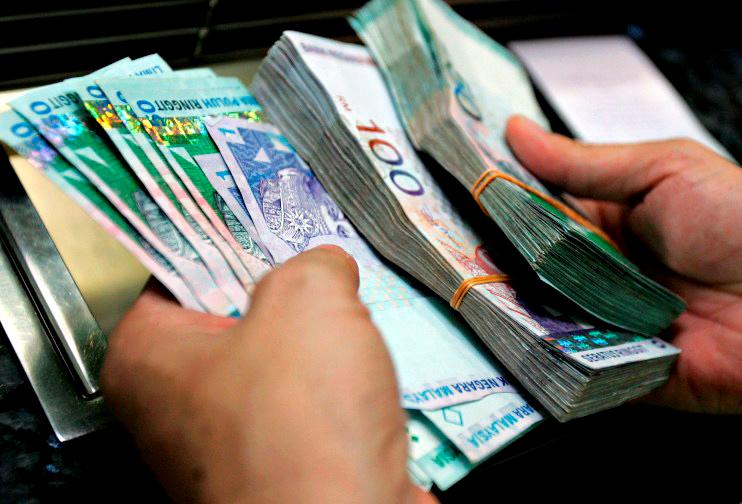
By Alan Ting
KOTA KINABALU, Malaysia-The infamous East Coast Rail Link (ECRL) spans 665 km Peninsular Malaysia, cutting a path of deforestation, river siltation and contributing to the dwindling of Malaysia’s unique wildlife and their habitat.
While all this destruction has been justified as necessary due to the promise of jobs, connectivity and economic development by successive governments including the current one led by Prime Minister Anwar Ibrahim, there is an impenetrable wall surrounding the mega project.
“Malaysia Rail Link Sdn Bhd (MRL), the owner of the East Coast Rail Line (ECRL) project, says only 30 percent of the total workers involved in the RM60 billion project will be foreigners from China and other Asian countries, allaying concerns that the project is mostly run by the Chinese,” according to a report just ahead of the watershed 2018 elections.
Those elections were won, in part, due to public dissatisfaction and anger over the ECRL and a number of other projects that cost Malaysia an astronomical sum but with few perceived benefits. Indeed with time these projects have given credence to China’s “debt-trap” tactics.
The promise was that ECRL would create tens of thousands of jobs and economic opportunities for Malaysia according to the head of Malaysia Rail Link (MRL), the project's Malaysian owner:
“MRL chief executive officer Datuk Seri Darwis Abdul Razak said the ECRL project was optimistic of employing the optimum number of Malaysians that would help facilitate the completion of its rail network by end-2026, with 70 percent of the 23,000 workers having been designated for Malaysians.” according to a report in 2019 after the project was restarted against the wishes of the public.
However, information of the composition of the ECRL’s workforce is almost non-existent. Neither government officials nor ECRL itself has made it clear how many workers are engaged in the ECRL and how many of those are indeed Malaysian or mainland Chinese.
“Foreign” workers
However one disturbing fact is known. Malaysia is putting to work at least 2,000 foreign workers on the project:
“MMAG Holdings Bhd has entered into an exclusive partnership agreement with JR Joint Resources Holdings Sdn Bhd to provide total management solutions of foreign workers for China Communications Construction (ECRL) Sdn Bhd (CCCECRL).
“According to sources, the exclusive partnership agreement is forecast to contribute a revenue of some RM400mil over five years to MMAG. This is based on an estimate of 2,000 foreign workers,” the report said.
With Malaysians being reluctant to do a difficult job on terrain that is hostile, sweltering and inhospitable, it is expected that Malaysia is importing low-skilled labour, likely from Bangladesh, Nepal and from refugee communities already inside Malaysia, particularly the Rohingya.
But both China and Malaysia have a proven track record of abusing such workers. The horrors of Malaysia’s palm oil, rubber manufacturing and other industries are well known: poor sanitation, crowded conditions and harsh working conditions and long hours. These have in fact resulted in bans over certain products.
‘Sudden death’ used as catch-all for many migrant worker fatalities, says analyst
With conditions in relatively urban centers already proving to be inhumane, we can only imagine what conditions these thousands of foreign workers are facing in the sweltering, mosquito infested jungles. Malaysia already has a poor track-record but under oversight of China’s CCCC, can we expect that conditions will be any better?
These are the tough questions that activists and politicians need to ask. ECRL needs to be made to publicly answer these questions in a public forum, preferably in parliament. There must be full disclosure on the number of Malaysians, Chinese nationals and other workers or Malaysia could find itself losing out on quality investments and economic opportunities.
Even worse individuals involved could face sanctions should any evidence of abuse and harsh working conditions surface. None of these will help Malaysia in its stated goals of becoming a developed nation. In fact Malaysia’s risks sliding backwards into being a Chinese controlled failed state should ECRL’s labour conditions remain opaque.




0 Comments
LEAVE A REPLY
Your email address will not be published